More than three-quarters of motorists feel that car manufacturers aren’t doing enough to educate them about electric vehicles (EV), according to new research from Regit.cars.
The study, which surveyed more than 1,000 drivers, also revealed that 82% of motorists think the Government could do more to increase the adoption of electric vehicles, with just over half (51%) unaware of any Government incentives to help them buy an EV.
Despite these issues, almost half of motorists (48%) are considering purchasing an electric vehicle for their next car, citing the major reasons as savings on running costs (23%), reducing environmental impact (17%), plug-in grants (4%) and savings on excise duty (3%).
Chris Green, founder and CRO of Regit.cars, said: “Our research among users shows that many motorists are confused about electric vehicles especially around pricing, range, charging infrastructure, running costs, reliability and performance.
“During the lockdown, we have seen a huge spike in motorists researching electric cars on our site and we know they are desperate for help, advice and support to make the right choice.
"This lack of knowledge and uncertainty is undoubtedly a contributing factor to the low market-share for battery electric vehicles.”
EVs accounted for just 1.6% or registrations in 2019, while hybrid electric vehicles enjoyed a 4.2% share.
At the other end of the spectrum, petrol had a market share of 64.8%, while diesel’s share was 25.2%.
However, price is a major barrier to purchase for a third of motorists (32%), followed by the range on one charge (13%) and the charging infrastructure in and outside the home (10%).
Uncertainty and confusion is leading the vast majority of motorists to delay changing to an electric vehicle (72%).
Almost a quarter (23%) said they don’t want to buy an electric vehicle, while just 5% of said their next car would be electric. A further 16% would like to switch in the next two years and 33% in the next five years.
“There remains the perception that electric vehicles are expensive to purchase, compared to conventional vehicles and that choice is still very limited," said Green.
"Manufacturers and advertisers need to build consumer confidence and educate them about what electric vehicles are available and how they will benefit from switching from combustion, to electric or hybrid vehicles.
"Those manufacturers who take a lead on educating motorists will be the winners in the electric vehicle race."

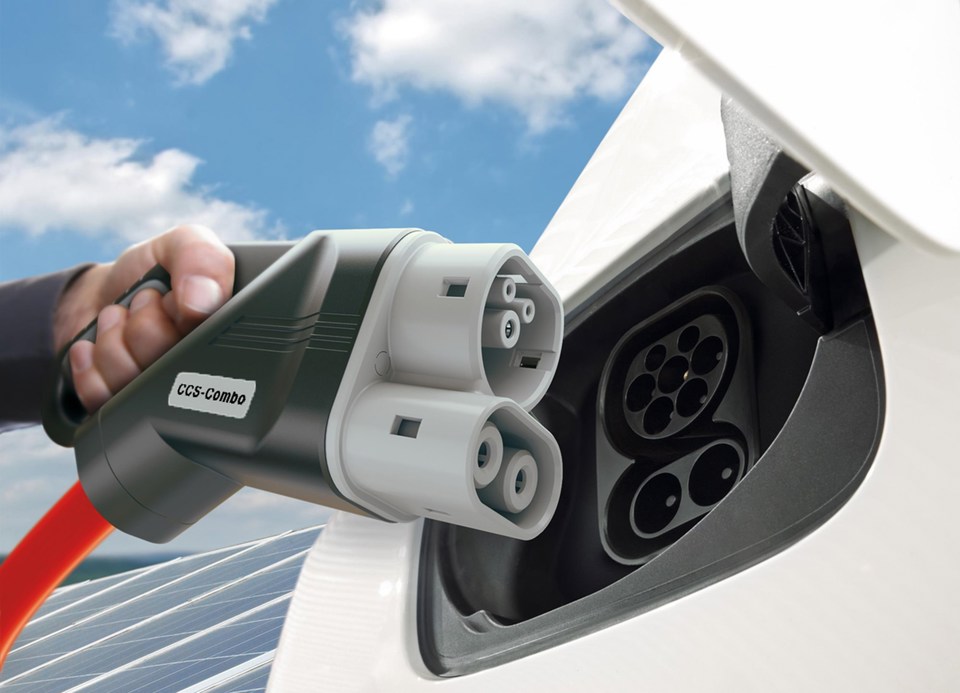
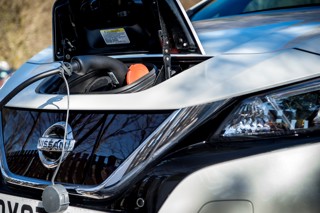
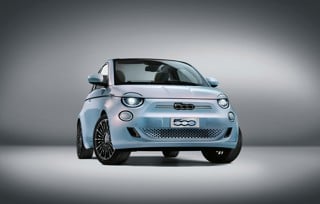
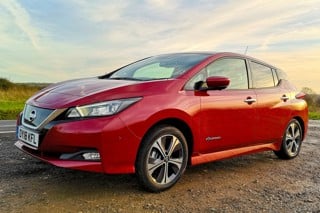
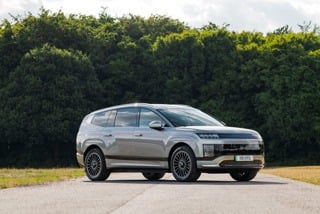
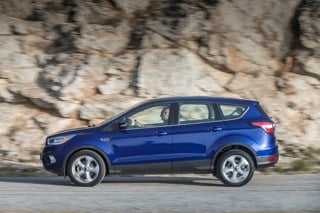












Login to comment
Comments
No comments have been made yet.